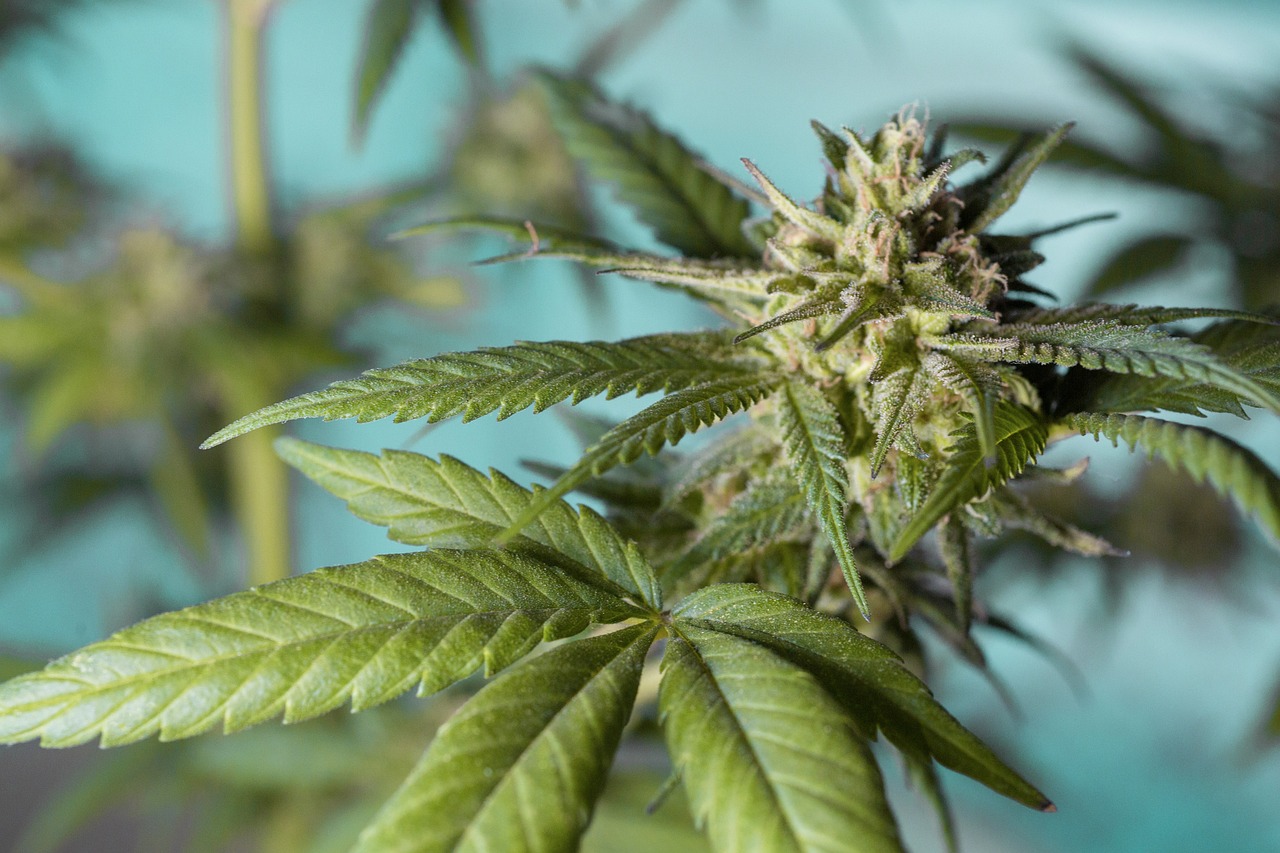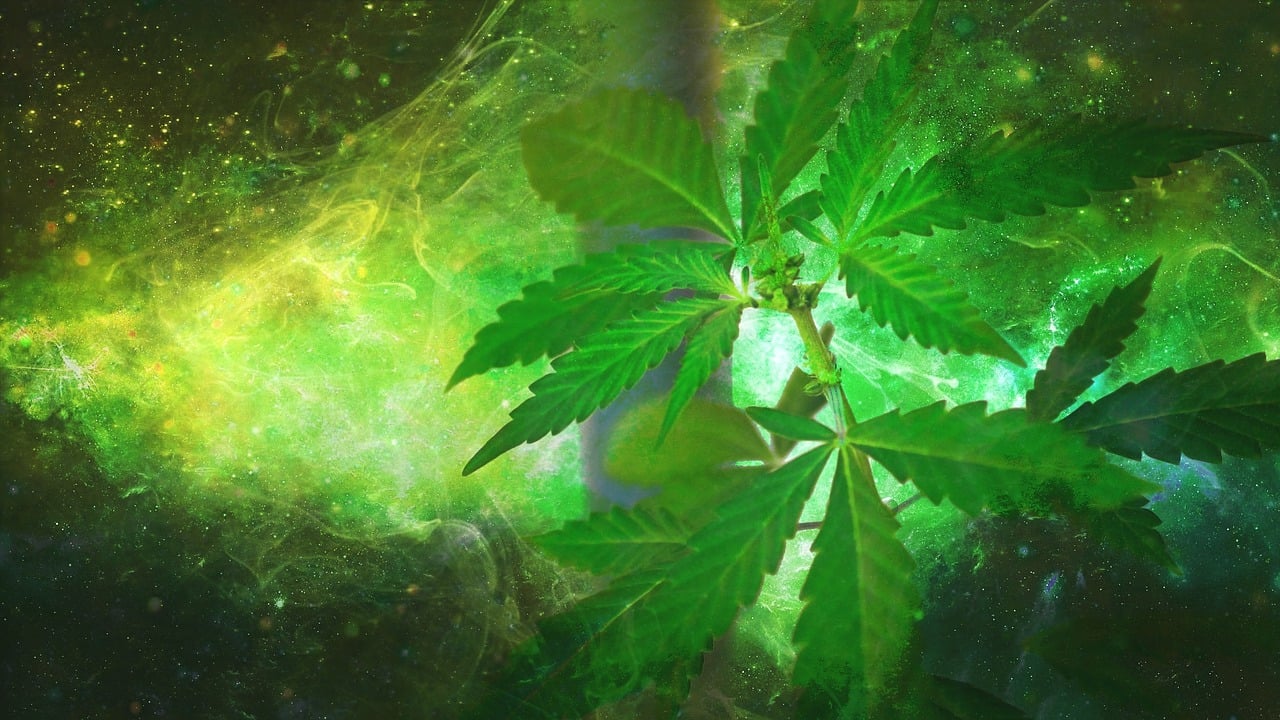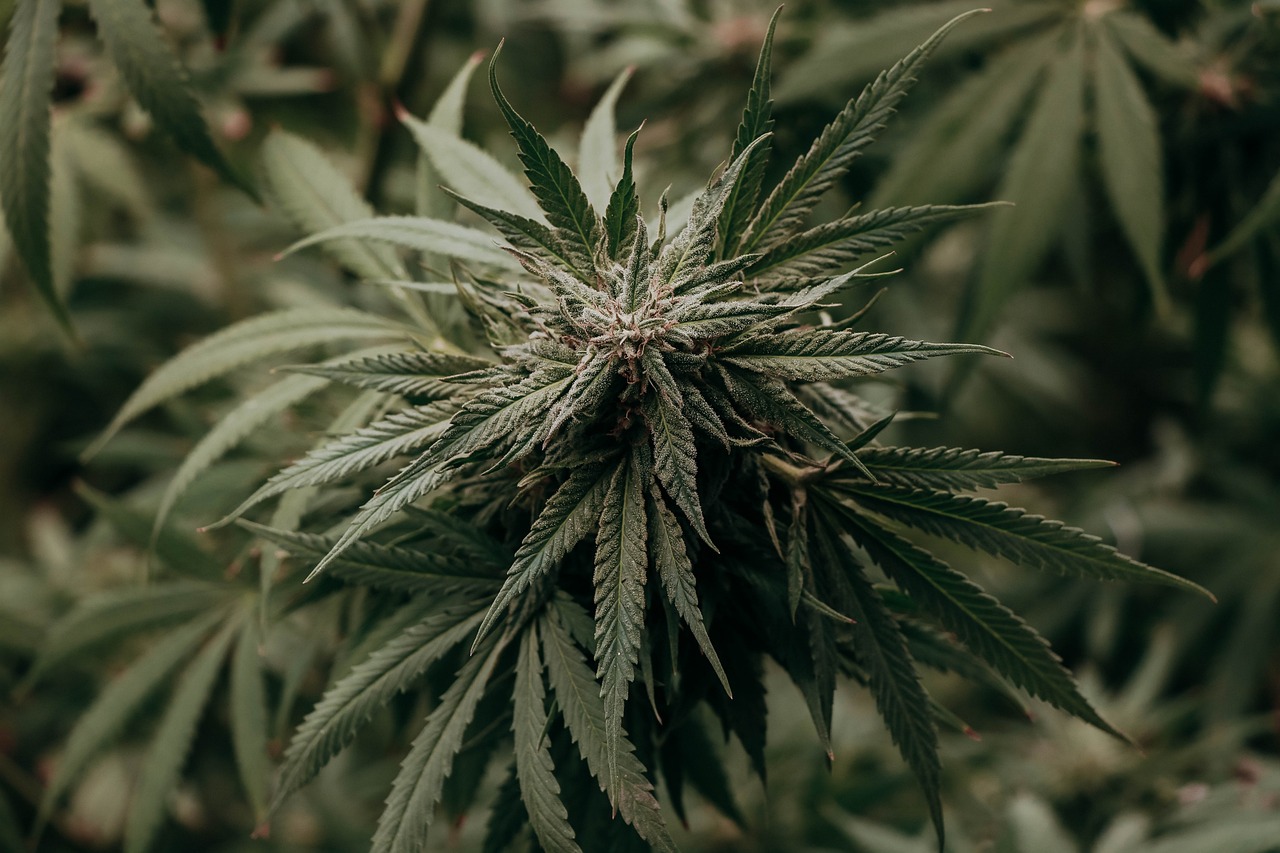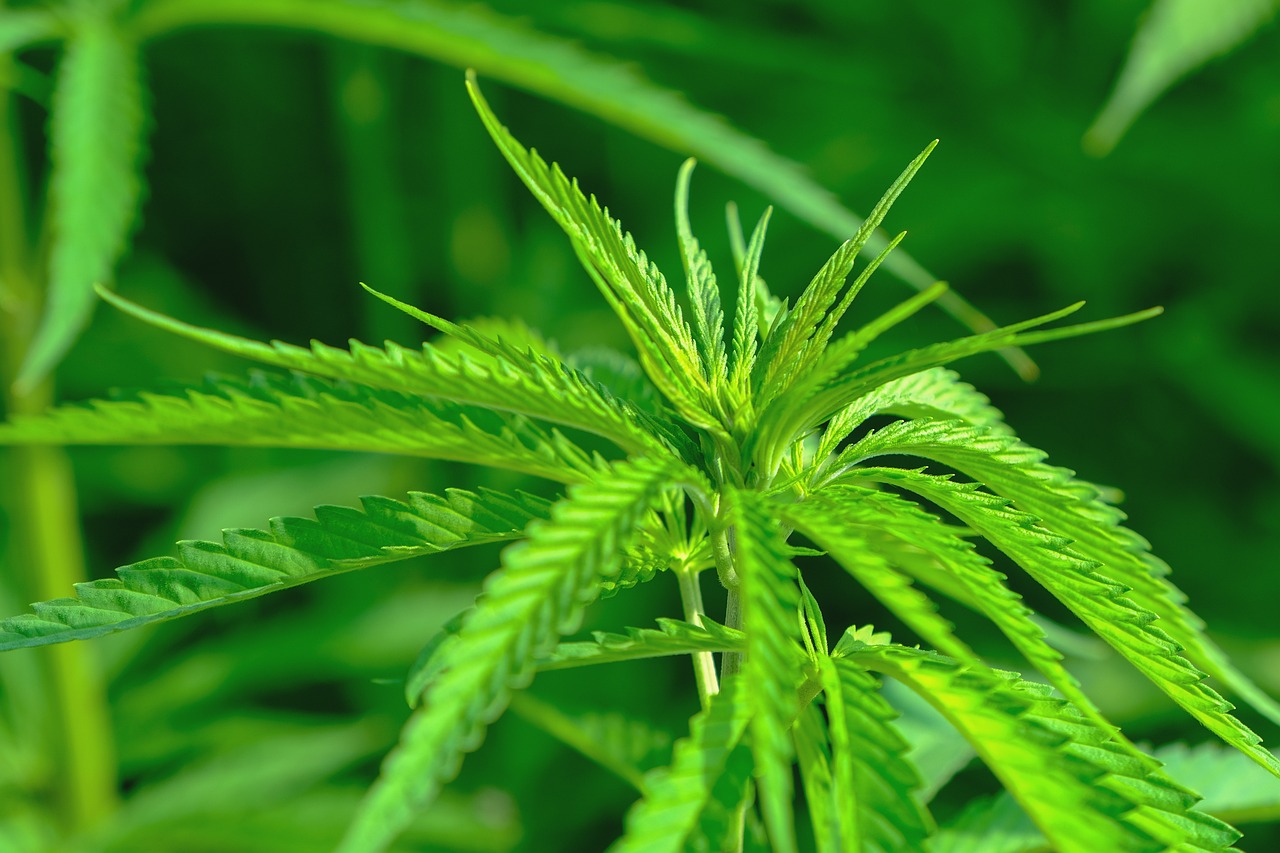The world of cannabis is filled with a myriad of products, each with its own set of myths and realities. One such product that has garnered significant attention is the THCA flower. As consumers become more informed, it’s crucial to separate fact from fiction. This article aims to explore the myths surrounding raw THCA flower and present the realities based on scientific research and expert opinions.
Understanding THCA: The Basics
THCA, or tetrahydrocannabinolic acid, is a non-psychoactive cannabinoid found in raw cannabis plants. Unlike THC, which is known for its psychoactive effects, THCA does not produce a “high” when consumed in its natural form. This distinction is vital for consumers seeking the therapeutic benefits of cannabis without the psychoactive effects.
How THCA Converts to THC
THCA converts to THC through a process called decarboxylation. This occurs when cannabis is exposed to heat, such as during smoking or vaping. The heat removes a carboxyl group from THCA, transforming it into THC, which then interacts with the body’s endocannabinoid system to produce psychoactive effects.
Myth: THCA Flower is Psychoactive
One common misconception is that THCA flower is psychoactive. This myth likely stems from the association with THC. However, as mentioned earlier, THCA itself does not produce psychoactive effects. Consumers can use THCA flower in its raw form without experiencing the “high” associated with THC.
Reality: THCA Offers Potential Health Benefits
Research suggests that THCA may offer several health benefits. Some studies indicate that THCA has anti-inflammatory properties, making it a potential option for individuals with inflammatory conditions. Additionally, THCA may have neuroprotective effects, which could be beneficial for neurodegenerative diseases.
- Anti-inflammatory properties
- Neuroprotective effects
- Potential anti-emetic properties
Case Study: THCA and Inflammation
A study published in the “Journal of Pharmacology” explored the anti-inflammatory effects of THCA. Researchers found that THCA reduced inflammation in animal models, suggesting its potential as a therapeutic agent for inflammatory conditions. While more research is needed, these findings are promising for those seeking alternative treatments.
Myth: THCA Flower is Legal Everywhere
Another myth is that THCA flower is legal in all jurisdictions. Cannabis laws vary widely, and while some regions permit the use of THCA flower, others do not. It’s important for consumers to understand the legal status of THCA in their area before purchasing or using it.
Reality: Legal Status Varies
The legal status of THCA flower depends on local cannabis laws. In some places, THCA is classified similarly to THC, making it subject to the same restrictions. In others, THCA may be considered legal if it contains less than a certain percentage of THC. Consumers should research their local laws to ensure compliance.
Statistics on Legalization
According to a report by the “Cannabis Policy Project,” approximately 36 states in the U.S. have legalized cannabis for medical use, with varying regulations on THCA. This highlights the importance of understanding local laws and regulations.
Myth: THCA Flower Has No Side Effects
Some believe that THCA flower is free from side effects. While THCA is generally considered safe, it can still cause adverse reactions in some individuals. Potential side effects may include dry mouth, dizziness, or gastrointestinal discomfort.
Reality: Potential Side Effects Exist
Like any substance, THCA can have side effects. Consumers should be aware of these potential reactions and consult with a healthcare professional if they experience any adverse effects. It’s always advisable to start with a low dose and monitor the body’s response.
Expert Opinion on THCA Safety
Dr. Jane Smith, a cannabis researcher, emphasizes the importance of understanding individual tolerance levels. “While THCA is generally safe, each person’s body chemistry is different. It’s important to approach THCA use with caution and awareness,” she advises.
Conclusion
THCA flower presents a fascinating aspect of cannabis consumption, offering potential health benefits without the psychoactive effects of THC. However, myths surrounding its psychoactivity, legality, and side effects can lead to confusion. By understanding the realities of THCA flower, consumers can make informed decisions about its use. As research continues to evolve, staying informed will be key to navigating the complexities of cannabis products.



